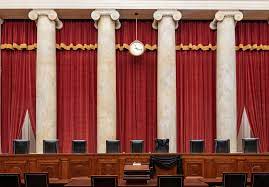All Employers Required to Provide New Jersey Disabled Employees With Reasonable Accommodations So They Can Do Their Job
New Jersey’s Requirement for Employers to Provide Reasonable Accommodations for Disabled Employees
New Jersey’s Law Against Discrimination and Title VII of the Civil Rights Act of 1964 prohibit discrimination because of an employee’s disability. New Jersey civil service law also prohibits discrimination because of an employee’s disability. These laws require employers to provide reasonable accommodations so that disabled employees can perform their duties.
reasonable accommodations so that disabled employees can perform their duties.
The regulations promulgated by the New Jersey Division of Civil Rights implementing the Law Against Discrimination’s reasonable accommodation requirement require employers to engage in an “interactive process” with the employee to determine what reasonable accommodations the employer can provide for the employee.
 New Jersey Lawyers Blog
New Jersey Lawyers Blog


 Payment Law, which governs when wages must be paid, in the case of
Payment Law, which governs when wages must be paid, in the case of  Affairs in the Department of Law and Public Safety
Affairs in the Department of Law and Public Safety

 circumstances, these
circumstances, these 

 New Jersey appellate decision in the case of
New Jersey appellate decision in the case of 